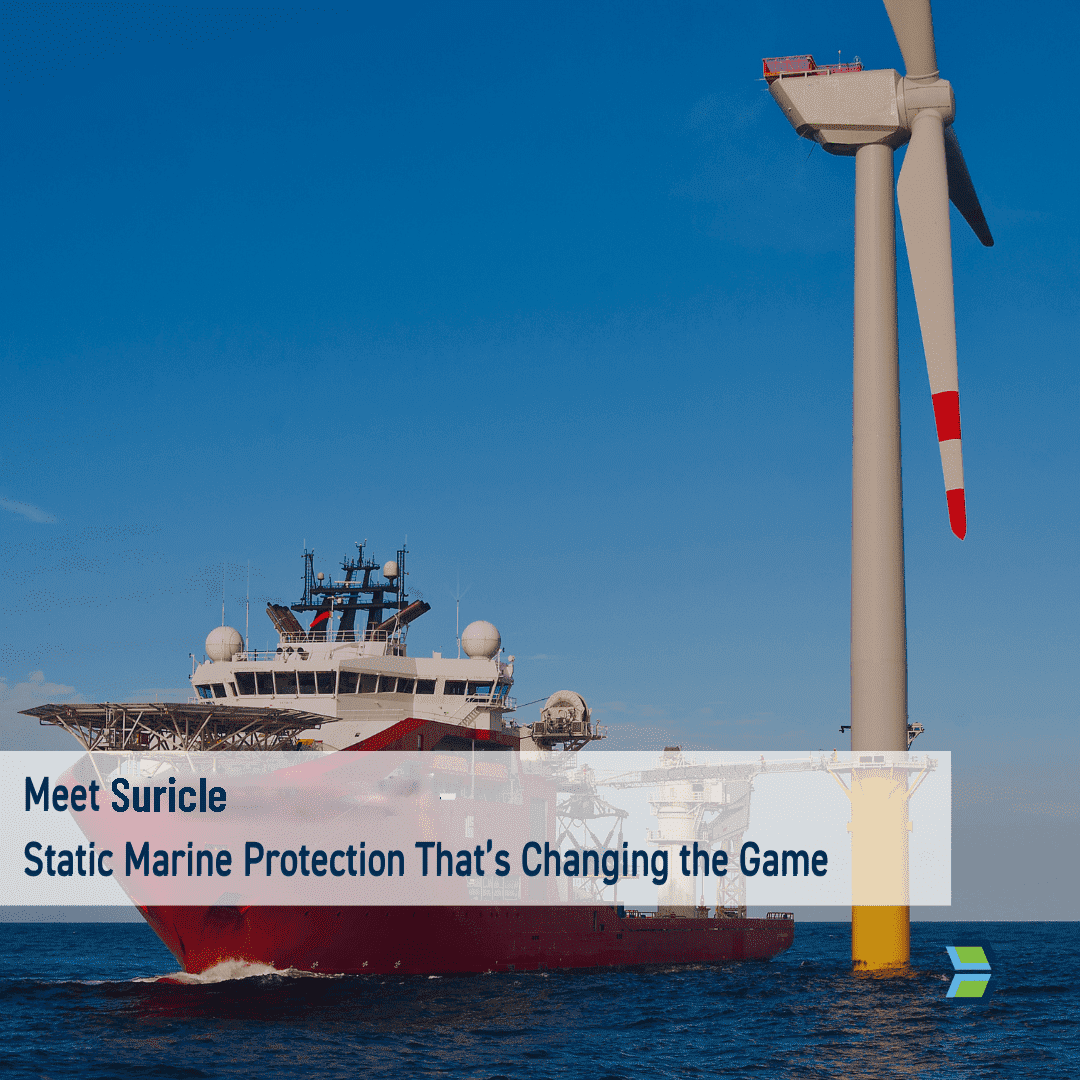Marine Biofouling—the accumulation of aquatic organisms on a vessel’s hull and niche areas—poses significant risks…

EMCS INDUSTRIES: TAKING AN ECO APPROACH TO ANTIFOULING
By Jesse Holth (Seaside Magazine, Sidney BC)
What is “biofouling?”
For as long as humans have been using ships, they have also tried to prevent the growth of marine organisms on hulls. Early peoples like the Phoenicians and Carthaginians used sheets of copper and lead to protect their boats from biofouling. In 1955, North Saanich-based EMCS Industries pioneered a new technology using electrolytic anodes to avoid the development of barnacles, mussels and other sea life. Known as “antifouling,” these technologies became extremely important for vessels spending time in shallow waters, such as passenger ferries and cruise ships.
What’s the big deal, anyway?
Marine fouling can cause serious problems, especially with seawater intake systems. Seawater is necessary for heating and air conditioning, potable water, cooling engines, fire systems and other vital functions on sea-going vessels. If underwater growth prevents seawater from entering, it can shut down essential parts of the ship. Trevor Tasker, President and CEO of EMCS Industries, who bought the company in 2015, says antifouling products are “absolutely critical to a ship.” Fouling can also lead to the inadvertent transfer of invasive aquatic species, which often has a negative impact on local ecosystems.
The company.
EMCS Industries is a world leader in antifouling solutions. Their products are used all over the globe, and they currently look after 147 vessels. Everything is manufactured and assembled in Victoria and Sidney, and then shipped to customers, including some of the biggest cruise ship companies in the world, like Princess Cruises and Holland America. Tasker is proud to say that “BC Ferries has been our longest relationship,” noting: “we’ve been supplying them since 1970.” He says they are part of the family there. They have supplied Washington State Ferries since the early 1970s and, more recently, ferries in Alaska, Texas, North Carolina and elsewhere. EMCS is known for their customer-based approach, their focus on people, and longstanding history of trust in its service and expertise. Customers often call for their help to solve problems, and with a small dedicated team, they can respond quickly to make an action plan.
Eco-focus.
As they continue to grow, Tasker says EMCS is “excited to contribute to the protection of the environment.” In 2016, they bought a Vancouver company that invented a frequency-based system for antifouling. It’s environmentally friendly and manages to prevent fouling without causing harm to marine life. Unlike other options which kill the growth, this system prevents fouling at the larvae stage, deterring them from settling in the first place. By emitting a frequency larvae consider a predatory environment, ships can avoid marine growth in their internal piping systems, starting at the intake grate. The product, which uses the hydro sound frequency range, resonates through the walls of the sea chests, crossover tanks, and pipes that run throughout the vessel. While technologies like ultrasound can interfere with whale communications, kill marine larvae and food sources and produce cavitation that can affect the integrity of the ship’s metal, the hydro sound is a safe alternative. This is especially important for customers like BC Ferries, whose vessels operate in water with significant whale populations.
Local first.
Tasker, who emigrated here 25 years ago, says it’s been rewarding to give back to the country that has treated him so well. He considers it a personal achievement to contribute to the economy by employing local Canadians. “We make it our business to buy locally, too,” he says, and they only buy elsewhere if they can’t get what they need on the Island of in B.C. “From Duncan to Nanaimo to Victoria to Sidney, we keep it as local as possible.”




